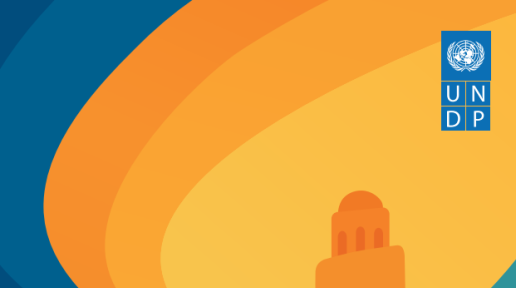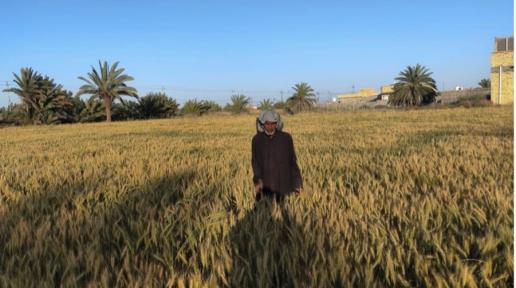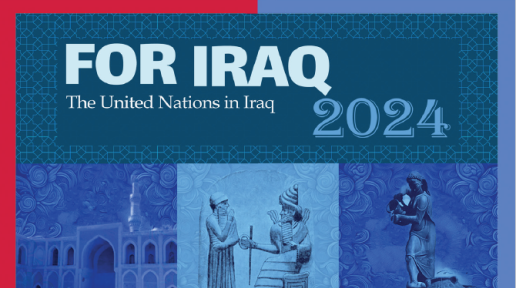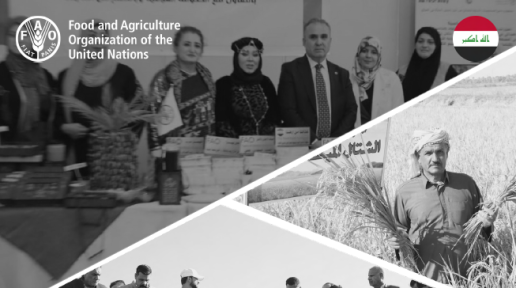Clean Water and Sanitation
While substantial progress has been made in increasing access to clean drinking water and sanitation, billions of people—mostly in rural areas—still lack these basic services. Worldwide, one in three people do not have access to safe drinking water, two out of five people do not have a basic hand-washing facility with soap and water, and more than 673 million people still practice open defecation.
The COVID-19 pandemic has demonstrated the critical importance of sanitation, hygiene and adequate access to clean water for preventing and containing diseases. Hand hygiene saves lives. According to the World Health Organization, handwashing is one of the most effective actions you can take to reduce the spread of pathogens and prevent infections, including the COVID-19 virus. Yet billions of people still lack safe water sanitation, and funding is inadequate.
COVID-19 response
Availability and access to water, sanitation and hygiene (WASH) services is fundamental to fighting the virus and preserving the health and well-being of millions. COVID-19 will not be stopped without access to safe water for people living in vulnerability, UN experts said.
The impacts of COVID-19 could be considerably higher on the urban poor living in slums, who don’t have access to clean water. UN-Habitat is working with partners to facilitate access to running water and handwashing in informal settlements.
UNICEF is urgently appealing for funding and support to reach more girls and boys with basic water, sanitation and hygiene facilities, especially those children who are cut off from safe water because they live in remote areas, or in places where water is untreated or polluted, or because they are without a home, living in a slum or on the street.
In response to the COVID-19 outbreak, the International Organization for Migration (IOM) is adjusting its WASH services to prevent the spread of the disease. This includes continued support to affected, at-risk, low-capacity and fragile countries to secure WASH services and infection prevention control in health facilities.
Read more about the work in response to COVID-19 by UN-Water members and partners.
Source: https://www.un.org/sustainabledevelopment/water-and-sanitation/






















